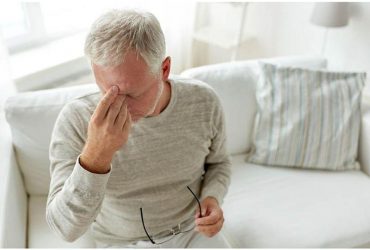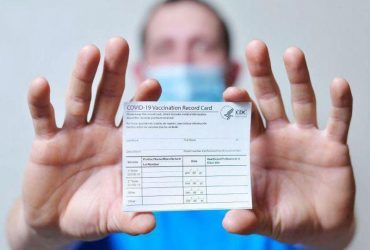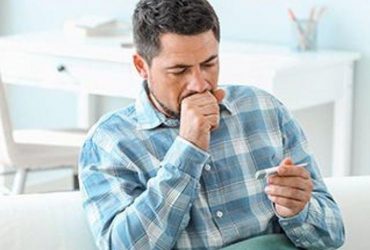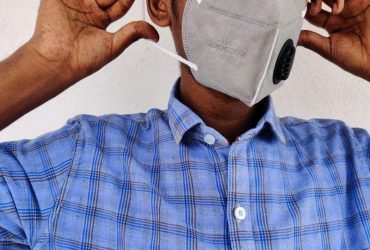Risk higher despite lower infection risk and regardless of sociodemographic and medical factors
Goal is to uncover why some people have prolonged symptoms or develop new or returning symptoms after recovering from COVID-19
Longer hospital stays tied to greater odds of one-month cardiopulmonary symptoms and new disability
Adults receiving the vaccine between December 2020 and March 2021 reported decreased mental distress following first dose
However, survivors had more problems with mobility, pain or discomfort, anxiety or depression at one year than controls
Authors say these estimates are similar to estimates in hospitalized patients
Fatigue, shortness of breath, and depression are the most common long COVID-19 symptoms
Findings show even higher risk among those with severe mental disorders, like schizophrenia and bipolar disorders
Men ages 15 to 64 years of age were particularly hard-hit by excess deaths, while children were spared
But authors say transparent information from public officials is needed to overcome persistent vaccine skepticism











